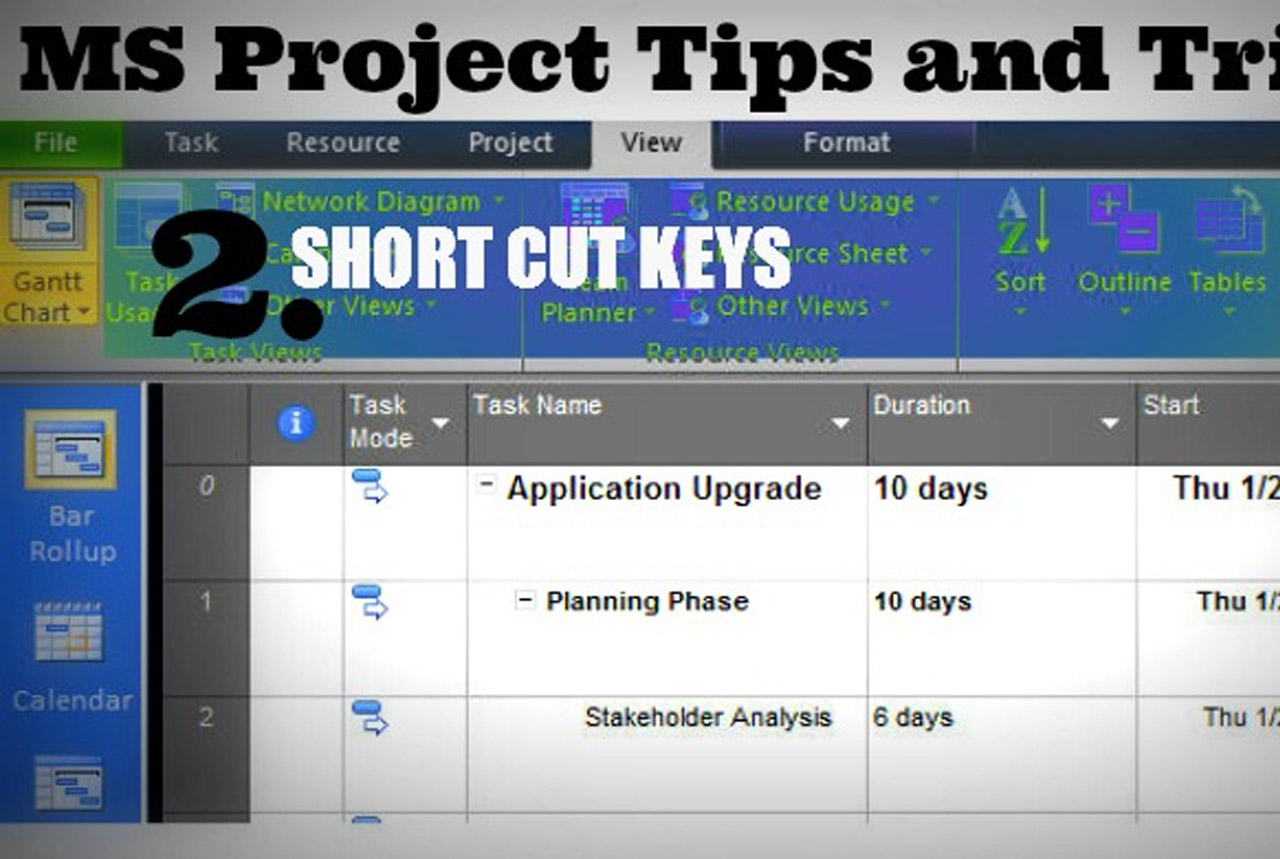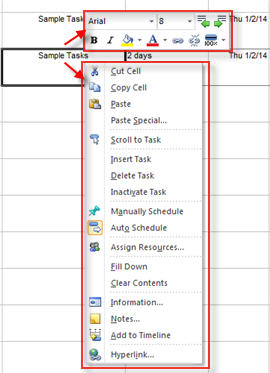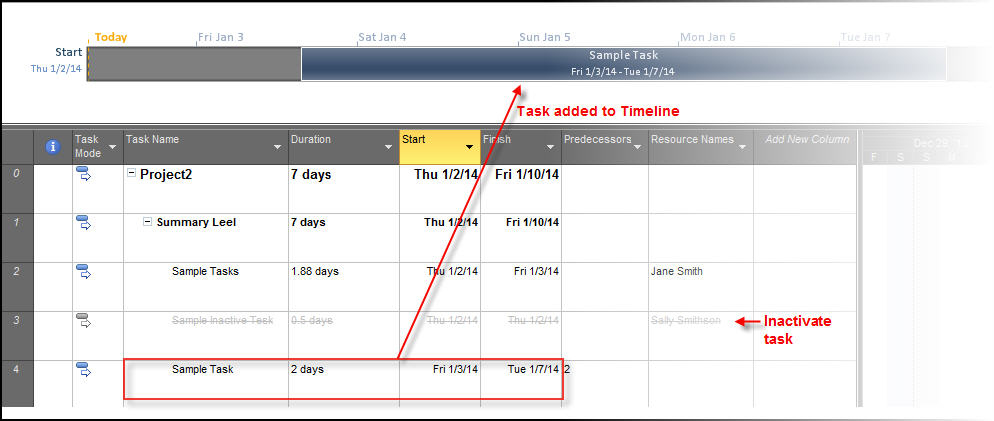Virtually every project has stakeholders. They are people internal or external to the organization who…

MS Project Tips and Tricks 2
Welcome to part 4 of our Technology Thursday series. In part 3 I shared one of my favorite MS Project Tips and Tricks, The Timeline View. As we continue our technology series, this week I’m sharing tips on MS Project Shortcut Keys. More tips to add to your toolkit!
What is MS Project?
Microsoft Project, as defined by Wikipedia, is a project management software program, developed and sold by Microsoft, which is designed to assist a project manager in developing a plan, assigning resources to tasks, tracking progress, managing the budget, and analyzing workloads. It’s a project plan. I use it, along with the Project Scope document, to help manage project tasks, project schedule, resource availability, and many other things, as you’ll soon see.
Tip #2. Shortcut Keys: Many of the shortcut keys you’re familiar with in other Microsoft apps can also be used in MS Project. The following shortcuts are ones I constantly use that make basic editing much faster.
Copy: Press Ctrl+C
Paste: Press Ctrl+V
Undo: Press Ctrl+Z
Right Click to View More Options: The right click feature brings up more options depending on the area you’ve clicked. For example if you select a task level entry, right clicking on a particular task will give you options to edit that task. Right clicking on a column will show options for editing the column. The same logic follows for the Ribbons, Gantt Charts, and Timeline.
Here are tips on using the Right Click option on task-level items in MS Project 2010.

The bottom menu allows you to quickly insert or delete tasks, create notes, and even assign resources. The top menu gives you basic font formatting options and quick adjustments to make the task a subtask or summary level task using the green arrow icons.
Here are 3 right-click options I’ve found useful:
- Information – selecting this will bring up the Task Information panel tabs for editing predecessors, resources, constraints, milestones, and notes to name a few.
- Insert Task – selecting this will automatically insert a new task above the existing task. From here you can create your basic task details. I do not suggest deleting a task using the Deleting Task feature on this menu. Here’s why.As you know, MS Project can be very sensitive and deleting a task will effect dates, work effort, resource allocations, and many other things in your project plan. Before deleting a task you should make sure you’ve reviewed all of its predecessors, successors, understand the effect on resources, finish dates, remaining work, etc. A task should only be deleted if you’ve identified that it really has no place in your project. Otherwise, if the task is completed or resources have changed for example, the task should be updated appropriately rather than deleted. You may even chose to Inactivate Task until you are sure about how to address it. Inactivating the task keeps it in your task list but strikes out the font and changes the text to gray.
- Add to Timeline – As you know from the first MS Project Tips and Tricks post, I love the Timeline View in MS Project 2010. The visual representation of your tasks on a timeline is much more effective when displaying project status. You can use the right-click menu on a task and add it to your timeline by simply clicking Add to Timeline. The task now shows up at the top of your view. Here is a very basic example I’ve created to show how the task appears on the timeline as well as how the inactive task appears.

Click image to enlarge
Tip # 1. MS Project 2010 – Timeline View
Other posts in the Technology Thursday Series:
►Trends In Project Management Technology
►Techno Speak – 6 Technology Terms Related To The Internet and Web
►MS Project Tips and Tricks
Chrystal Richardson is Managing Partner of CE Wilson Consulting, a project management and business efficiency consulting firm that has managed projects for technology, mining, medical and manufacturing clients since 2001.
Comments (2)
Comments are closed.





Thanks for this post. I’m heading the term project for our management class. This could be a very useful tool :)
Thanks, Sheila. I hope the term project goes well! Yes, MS Project has come in handy for almost every project I’ve done, from IT implementations to planning my wedding years ago. Stop back by if you have any questions and best of luck with your blog.